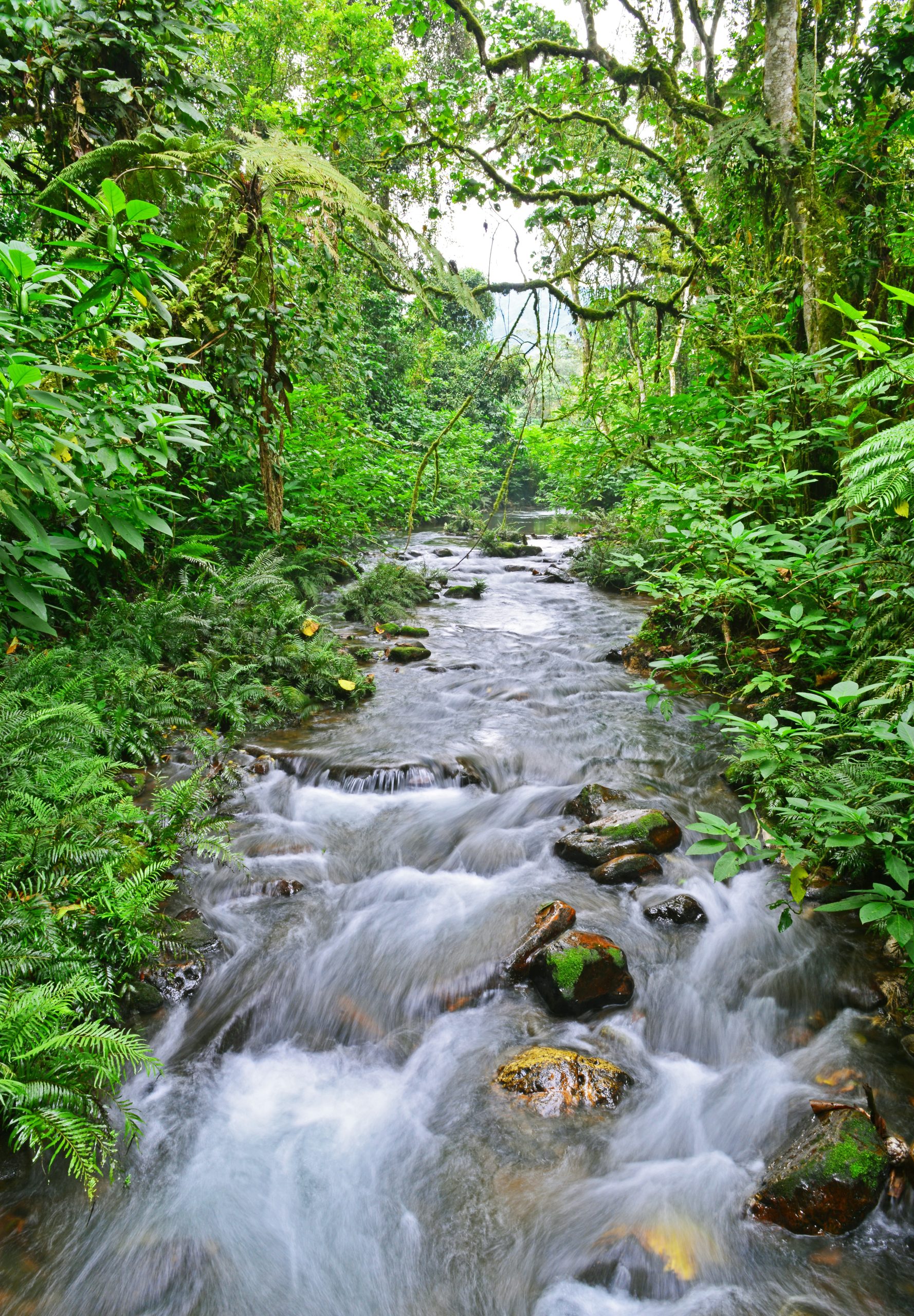“Essential Immunizations for Your African Safari Adventure”
Embarking on an African safari is a dream come true for many travelers. The breathtaking landscapes, exotic wildlife, and unique cultural experiences make it a once-in-a-lifetime adventure. However, before you pack your bags and set off on your journey, there’s an essential checklist item you shouldn’t overlook: immunizations. Africa is a diverse continent with varying health risks, and getting the right vaccinations can ensure a safe and enjoyable safari experience. In this guide, we’ll explore the crucial immunizations you should consider before heading to the heart of Africa.
-
Yellow Fever:
Yellow fever is a viral infection transmitted through the bite of infected mosquitoes. It is a risk in many African countries, especially in tropical regions. Some countries even require proof of yellow fever vaccination for entry. Getting vaccinated against yellow fever is not only a smart move for your health but also a travel requirement in many places. Ensure you get your yellow fever vaccine at least 10 days before your trip.
-
Typhoid Fever:
Typhoid fever is a bacterial infection often contracted through contaminated food and water. It is prevalent in many African countries, so getting vaccinated is highly recommended. The vaccine is available in both oral and injectable forms, and it’s generally advised for travelers to receive it before their journey.
-
Hepatitis A and B:
Hepatitis A is primarily transmitted through contaminated food and water, while hepatitis B can spread through contact with infected blood or bodily fluids. Both viruses can pose a risk in Africa, and vaccination is an effective way to protect yourself. The hepatitis A vaccine is a two-dose series, and the hepatitis B vaccine is a three-dose series, so plan ahead to complete the recommended doses.
-
Malaria:
Malaria is a prevalent mosquito-borne disease in many parts of Africa. While there isn’t a vaccine available, you can take antimalarial medications to reduce the risk. Consult your healthcare provider before your trip to determine the most suitable antimalarial drug for your destination.
-
Polio:
While the incidence of polio has significantly decreased, some African countries are still considered at risk. Ensure that you are up-to-date with your polio vaccinations, especially if you plan to visit regions with reported cases.
-
Measles, Mumps, and Rubella (MMR):
Outbreaks of these highly contagious diseases can occur in various parts of the world, including Africa. Check your vaccination records and update your MMR vaccine if necessary.
-
Tetanus and Diphtheria:
These vaccines are essential for travelers to protect against potentially life-threatening infections. Make sure your booster shots are up-to-date.
-
Rabies:
If you plan to engage in activities that may put you at risk of animal bites or close contact with animals, consider getting the rabies vaccine. This vaccine is particularly relevant if you’re planning a wildlife-focused safari.
-
Other Vaccinations:
Depending on your itinerary and personal health history, your healthcare provider may recommend additional vaccines, such as meningitis, cholera, or influenza. Be sure to discuss your travel plans in detail during your pre-travel consultation.
Conclusion:
African safaris are unforgettable adventures filled with awe-inspiring wildlife and natural beauty. To ensure a safe and enjoyable experience, prioritize your health by getting the necessary immunizations before your journey. Consult with a travel health specialist or your healthcare provider well in advance to create a personalized immunization plan tailored to your specific travel itinerary and health needs. By taking these precautions, you’ll be better prepared to explore the wonders of Africa while minimizing health risks during your safari adventure.

